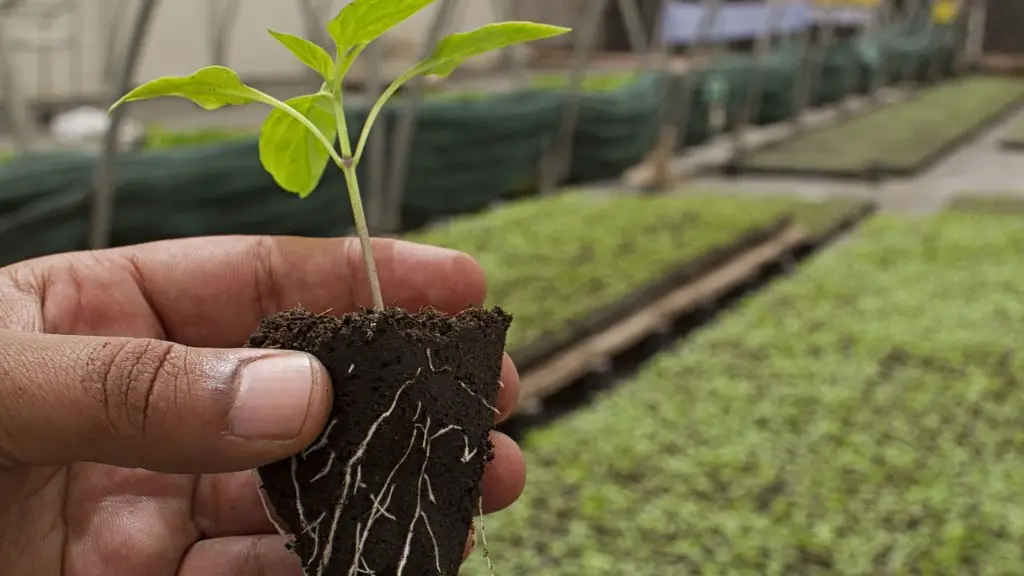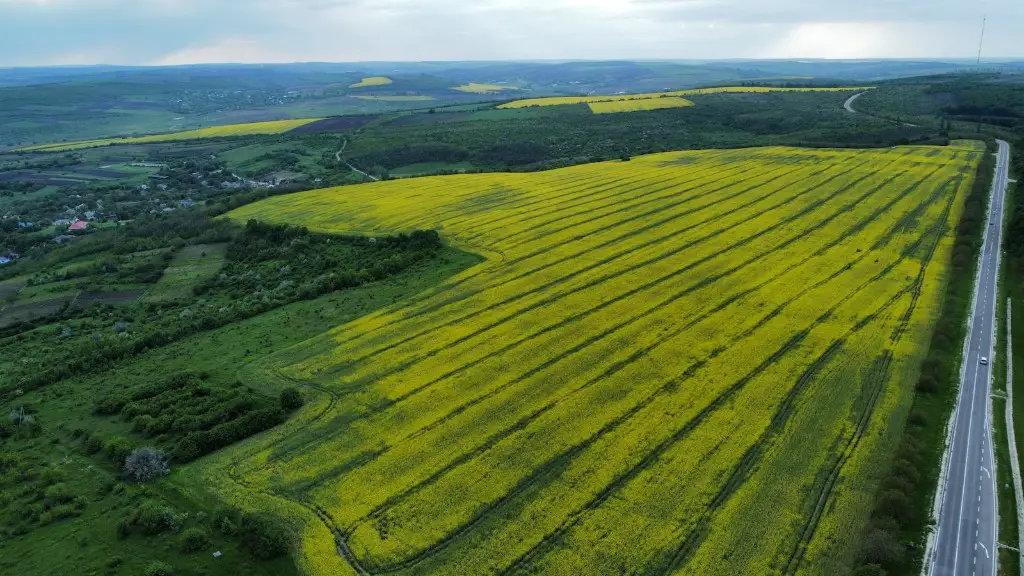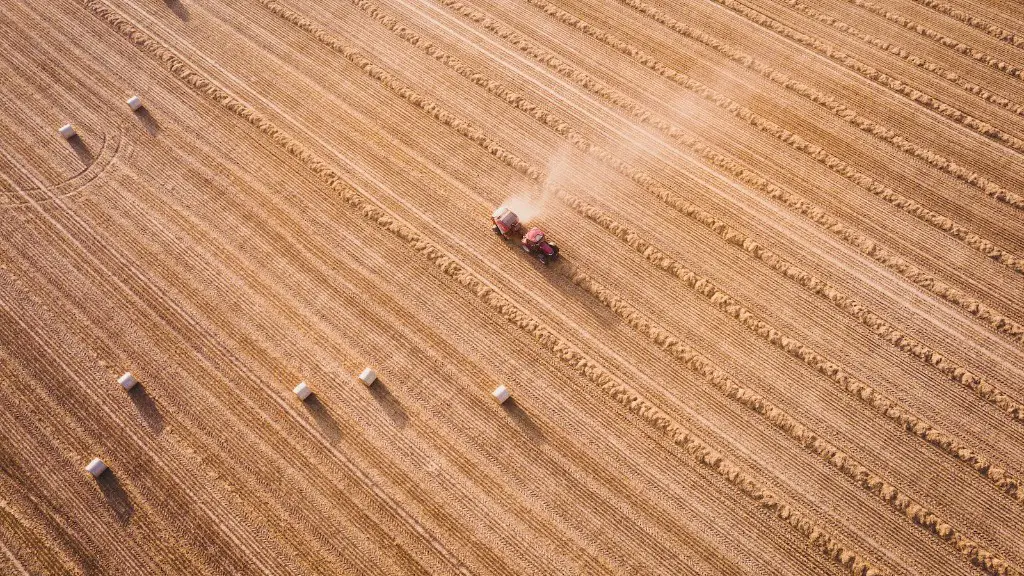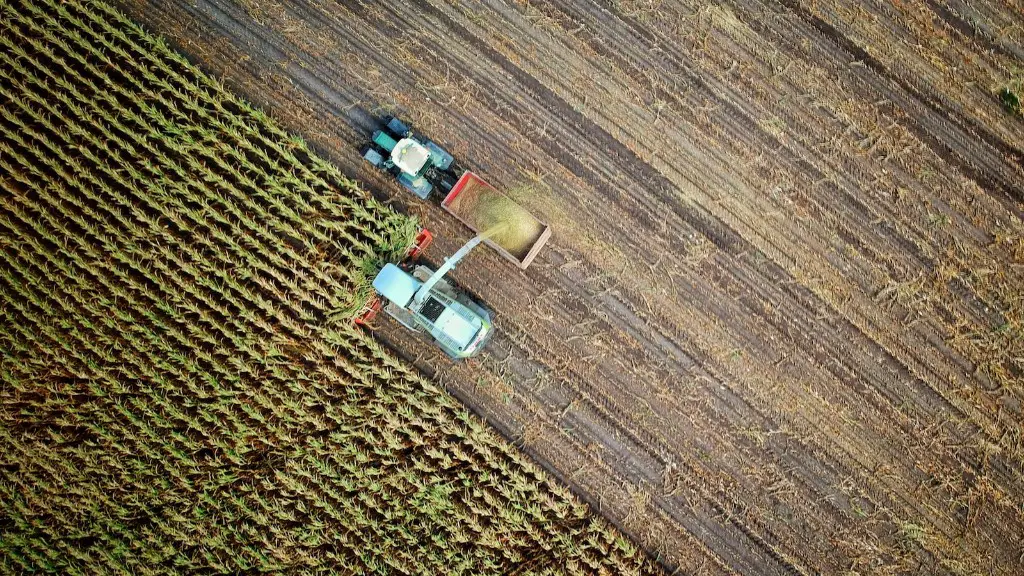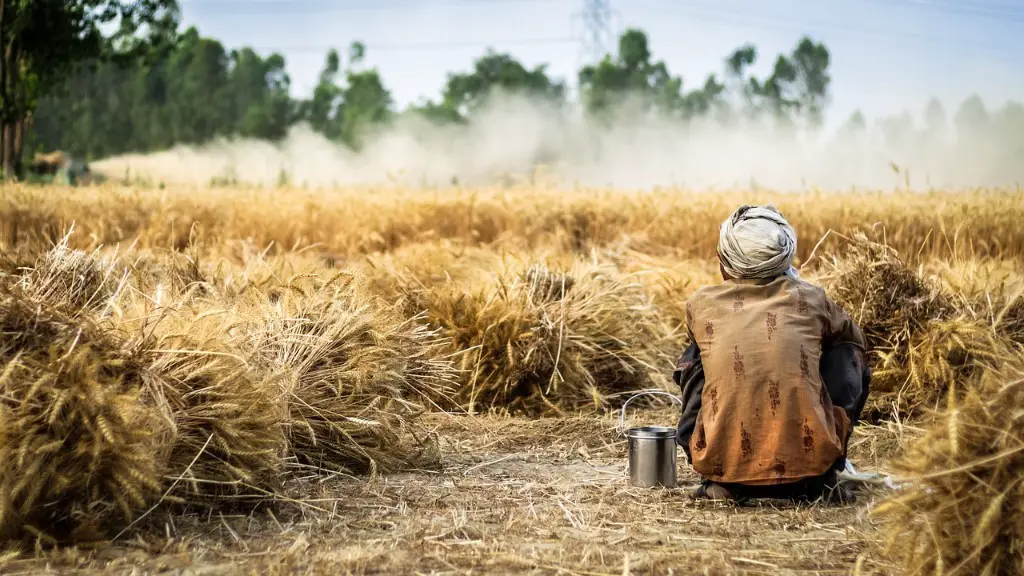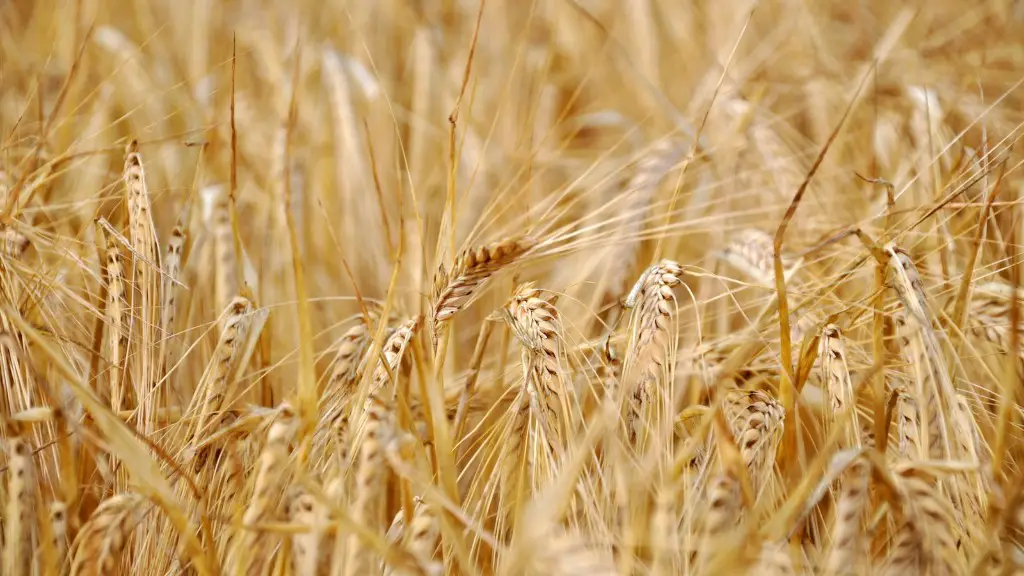Agricultural trade is important for many reasons. It can help to improve food security and promote economic development. It can also help to diversify diets and reduce the price of food.
Agricultural trade is important because it ensures that people have access to a variety of foods and other products that they would not be able to produce themselves. It also allows countries to specialize in the production of certain products, which can lead to more efficient production and lower prices.
What is the importance of agricultural trade?
Agricultural trade is an important way to ensure food security in the face of climate change and other risks to food production. It helps to ensure that there is a reliable supply of food, and can help to stabilize prices. Ultimately, it contributes to the prosperity of farmers, industries and consumers. In recent years, global agriculture markets have faced increased volatility, directly impacting stakeholders in the food chain.
Trade boosts imports and increases the quantity and variety of food available. Food production may increase due to greater specialization and productivity improvements may be triggered by greater competition.
Why is free trade important for agriculture
Free Trade Agreements have a large impact on agricultural tariffs. For 16 of the 20 countries with which the United States has FTAs, US exporters will face zero tariffs on 98% or more of agricultural goods once the agreements are fully implemented. Agriculture-related FTA chapters are linked below.
The presence of a large population nearby made it worthwhile for farmers to grow more food than they needed for themselves. They could trade this surplus for other goods, which was beneficial for non-farmers who could focus on making other goods. This arrangement was beneficial for both groups as it allowed for a greater variety of goods and services.
What is the meaning of agricultural trade?
A reliance on exchanging agricultural and food commodities to supplement and complement domestic production is a strategy that has been employed by many countries in order to ensure food security. This strategy has its advantages and disadvantages. One advantage is that it can help to stabilize prices of food commodities in the international market. A disadvantage is that it can lead to a dependence on imports, which can be problematic if there are disruptions in the supply chain.
Organic fertilizer is a great agriculture business in India. It is important to have a little bit of awareness about organic fertilizer when starting this business. With the right amount of knowledge, this can be a very successful business.
What is the value of world agricultural trade?
Trade in agricultural products provides opportunities for developing countries to diversify their economies and boost economic growth. Global agricultural trade is an important source of income for many smallholder farmers, particularly in developing countries.
According to the World Trade Organization (WTO), global agricultural exports were worth an estimated US$18 trillion in 2018, up from US$6 trillion in 1995. This growth in value is due to a combination of factors, including population growth, income growth, and changes in diets.
Between 1995 and 2018, the volume of global agricultural exports more than doubled, from 662 million to 1.4 billion metric tons. This increase was driven by a number of factors, including trade liberalization, technological advances, and increased production.
The growth in global agricultural trade has been beneficial for many smallholder farmers, particularly in developing countries. Smallholder farmers are often able to participate in global value chains and sell their products to international markets. This can help them to increase their incomes and reduce poverty.
However, the growth in global agricultural trade has also had some negative impacts. For example, it has contributed to the displacement of small-scale farmers and the development of large-scale, industrial agriculture. It has also led to environmental problems, such
The growth of agriculture can have an immediate impact on rural employment, as it requires a lot of non-tradable labor. This can help to reduce poverty and improve standards of living in rural areas. It can also lead to increased food production and security, as well as other economic benefits.
What are examples of agricultural trade
In 2018, the United States exported $139 billion in agricultural products and imported $127 billion, resulting in a $12 billion trade surplus for the nation. The leading US agricultural exports are grains and feeds, soybeans, livestock products, tree nuts, fruits, vegetables, and other horticultural products. The leading US imports are horticultural and tropical products. Canada, Mexico, the European Union, and East Asia are major US trade partners.
This is the fundamental principle of trade. Countries engage in trade to sell what they have in surplus (at a lower cost relative to other countries) and to buy what they have a deficit of (what is relatively more expensive to be produced domestically). This allows for a more efficient allocation of resources and ultimately benefits both trading partners.
How do farmers benefit from free trade?
There are many reasons to support free trade, but one of the most important is that it benefits American farmers, ranchers and consumers. Our exports of food and other agricultural products support over 1,000,000 US jobs and bring in fully 20% of American farm revenue. This means that free trade supports a vital part of our economy and helps to keep food prices down for American consumers. It also gives American farmers and ranchers a larger market for their products, helping to ensure their profitability.
The agricultural sector develops when industry and trade develop. This is because industries produce agriculture tools, chemical fertilizer, pesticides, etc. By applying these things, farmers can modernize and improve their farming. Therefore, the development of the agricultural sector is linked to the development of industry and trade.
How agriculture has changed the world
Civilization as we know it would not be possible without agriculture. Agriculture allowed cities and civilizations to grow, and because crops and animals could now be farmed to meet demand, the global population exploded—from some five million people 10,000 years ago, to more than seven billion today. Agriculture is the engine that has made human civilization possible, and it continues to be one of the most important industries in the world.
The increased pressure on land and water resources from agriculture is resulting in land degradation in many areas of the world. This includes soil erosion and salinization, as well as eutrophication from runoff of fertilizers and other chemicals used in farming. Additionally, agriculture is a major contributor to greenhouse gas emissions, which are a major cause of climate change.
What is the importance of agriculture in history?
The invention of agriculture was a game-changer for human civilization. For the first time, people had a reliable source of food that allowed them to settle down in one place. This led to the growth of towns and cities, and freed up people to pursue other interests.
Today, we enjoy an even greater abundance of food, thanks to advances in technology and agriculture. This has allowed our populations to grow even larger, and has made it possible for people to live in cities of millions of people.
Looking to the future, it is clear that our ability to produce food will continue to be a critical factor in determining the size and scale of human civilization.
The Agricultural Commodity Exchange (ACE) is a trading platform that facilitates the trade of agricultural commodities between buyers and sellers. The other exchange that offers agricultural commodity trading is the Chicago Mercantile Exchange (CME).
Final Words
There are a few reasons why agriculture trade is considered important. One reason is that it can help to boost a country’s economy. When a country exports agricultural products, it can bring in money from other countries. This can help to create jobs and grow the economy. Another reason why agriculture trade is important is that it can help to improve food security. When countries import and export agricultural products, it can help to even out supply and demand. This can help to ensure that people have access to food, even if there are droughts or other natural disasters in one particular area.
In conclusion, agriculture trade is important because it boosts economic growth and development, creates employment opportunities, and improves food security. It also helps to promote international cooperation and understanding, and provides a pathway to sustainable development.
